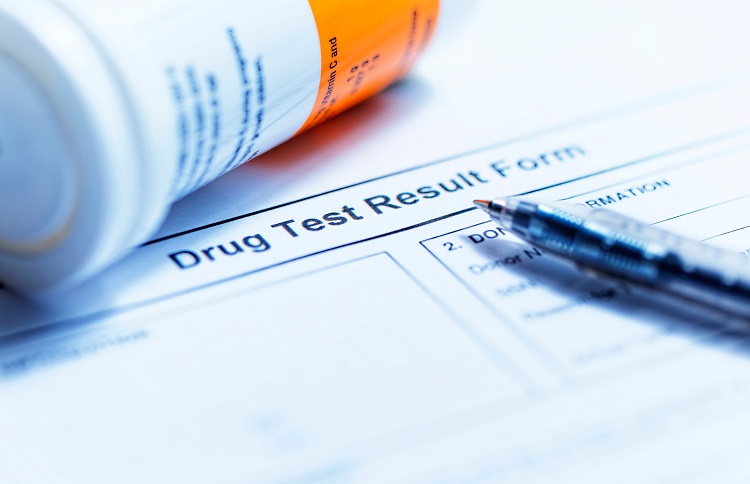CDL Drug Testing According to FMCSA Guidelines

Our loss control staff is often asked about FMCSA drug testing requirements for CDL holders, so I thought I’d take moment to clarify some points.
Part 382 applies to all employees required to hold CDLs (or the Mexican or Canadian equivalent). This means that, unlike most other safety regulations, it applies to both intrastate and interstate CMV drivers. So, if a truck is large enough to require a CDL, all drivers are subject to drug and alcohol testing—even if they only drive a few miles per week and never cross state lines. This could include mechanics, dispatchers, warehouse workers, or any other occasional or fill-in drivers.
Mechanics? Yes, do not forget about mechanics. Even if your technicians only test drive CMVs, they are required to have a CDL and be placed in your DOT drug and alcohol testing program. The mechanic would be subject to all components of Part 382—pre-employment screening, random drug testing, educational materials, and previous employer drug and alcohol testing information.
Remember, there are three situations in which a commercial driver must be tested for drugs and alcohol following an accident:
- Any time the accident results in a fatality.
- If the commercial driver receives a citation AND someone in the accident is injured and receives immediate medical attention away from the scene.
- If the commercial driver receives a citation AND one or more vehicles incur disabling damage requiring the vehicle to be towed from the scene.
If the accident only involves getting on or off the vehicle, or the loading or unloading of cargo, the driver would not be required to have a post-accident drug or alcohol test.
If you need to implement a drug and alcohol testing program, the FMCSA has a helpful guide. This document also addresses joining a consortium, which can be a great option for smaller employers. You can also contact your state’s trucking association for guidance, as many associations have vendor partnerships to help with this.
Acuity is here to help trucking companies navigate FMCSA regulations. If you need additional support regarding driver qualification, maintenance records, DVIR processes, logbook auditing, or other related topics, please contact your loss control representative or check out our motor carrier toolbox.
An insurance company that cares about you and insuring the things you wish to be insured.
Get a Quote> Find an Agent>

